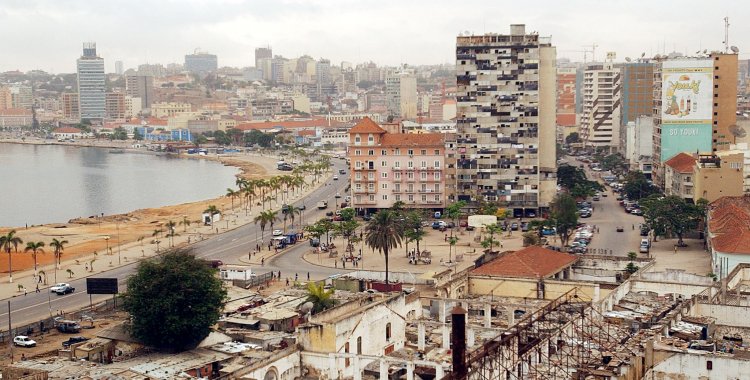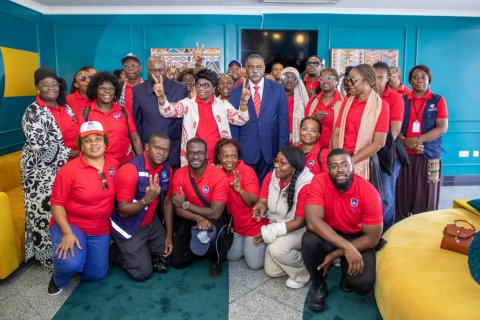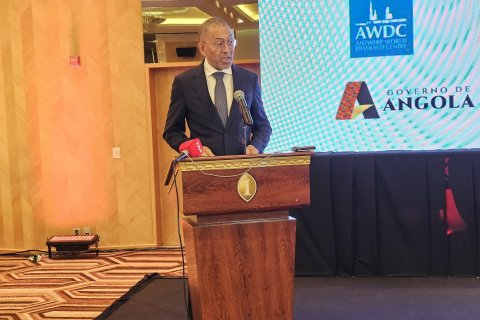The resolution postponing to 2024 Angola's ascent from the category of Least Developed Country (LDC) to that of Middle Income Country (MIC) was adopted this Thursday by the UN General Assembly, under the title "Extension of the preparatory period preceding Angola's graduation from the category of Least Developed Country".
Angola's graduation was scheduled for February 2021, but has now been postponed for three years due to the country's socio-economic vulnerability, difficulties brought on by the covid-19 pandemic, several consecutive years of "recurring economic recession" and lack of economic diversification, according to the resolution, consulted by Lusa news agency.
The United States spoke out during the session, promising to work with the international community to strengthen a "sustainable economic recovery for Angola and other less advanced countries."
"We reiterate the importance of our relationship with Angola and understand the continuing and devastating impact of the covid-19 pandemic and the multi-year recession," the U.S. representative said.
The European Union declared "full support" for the Government's intention to update the National Development Strategy and its national strategy for smooth transition, as requested by the UN.
"We are aware of the particular challenges that Angola faces in the context of its graduation from LDC status, notably the diversification of the economy and reduction of inequalities," the EU representative said.
The EU wished Angola a "successful and sustainable" development process, seeing the upgrade in 2024 as a way to meet Agenda 2030 (Sustainable Development Goals, set by the UN).
"The European Union will continue to support Angola on its journey to graduation and beyond, from the perspective of sustainable development, by maintaining a close political dialogue," the diplomat said.
The resolution was submitted by Guinea-Conakry, as chair of the group of co-sponsors - the intergovernmental organization of developing countries Group of 77 and China.
The representative of Guinea considered, in his speech before the General Assembly, that the perception about graduation should be changed: "The graduation from LDC is not an end, but an important milestone in a country's journey towards sustainable development, resilience and self-sufficiency," he maintained.
According to Guinea, the international community wants countries to move forward with confidence, exercise of national ownership (authority over development policies and activities, and articulation of the development agenda), "to make graduation smooth and irreversible."
According to the Guinea representative, 11 countries are on their way to advancing category, but the world is still a long way from the goal of graduating half of the least advanced countries (there are currently 46) during the 2020-2030 decade.
"Extraordinary challenges and the shock to the global system brought on by the covid-19 pandemic have exacerbated the development problems facing LDCs and reversed many years of progress, leading to possible long-term damage," the representative of Guinea, the country chairing the Group of 77, said Thursday.
In the resolution adopted this Thursday and consulted by the Lusa agency, the General Assembly "reiterates its invitation to Angola to prepare, during the additional three years between the adoption of this resolution and its graduation from the category of least developed country, its national strategy for a smooth transition."
The UN General Assembly, composed of 193 member states, "expresses its deep concern about the prolonged economic recession Angola has been facing and the socio-economic vulnerabilities aggravated by the global crisis triggered by the covid-19 pandemic."
This resolution took into account the six consecutive years of "recurring economic recession" and the fact that Angola "continues to be highly vulnerable to price fluctuations" of the market, being a "less developed country dependent on raw materials," according to the document.







